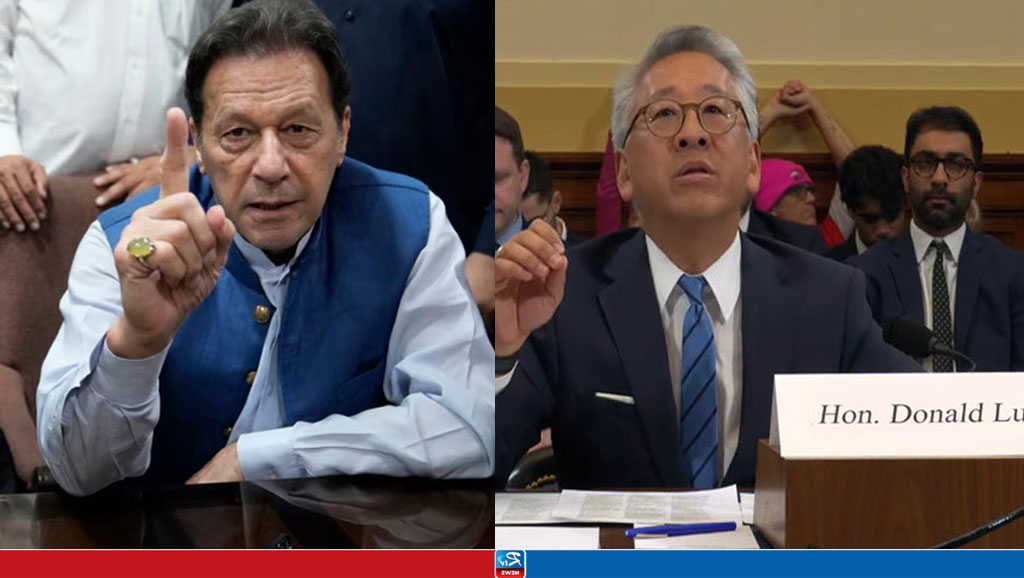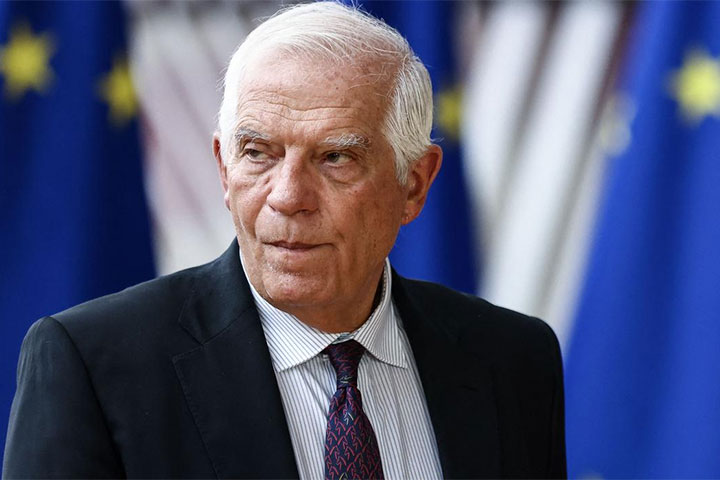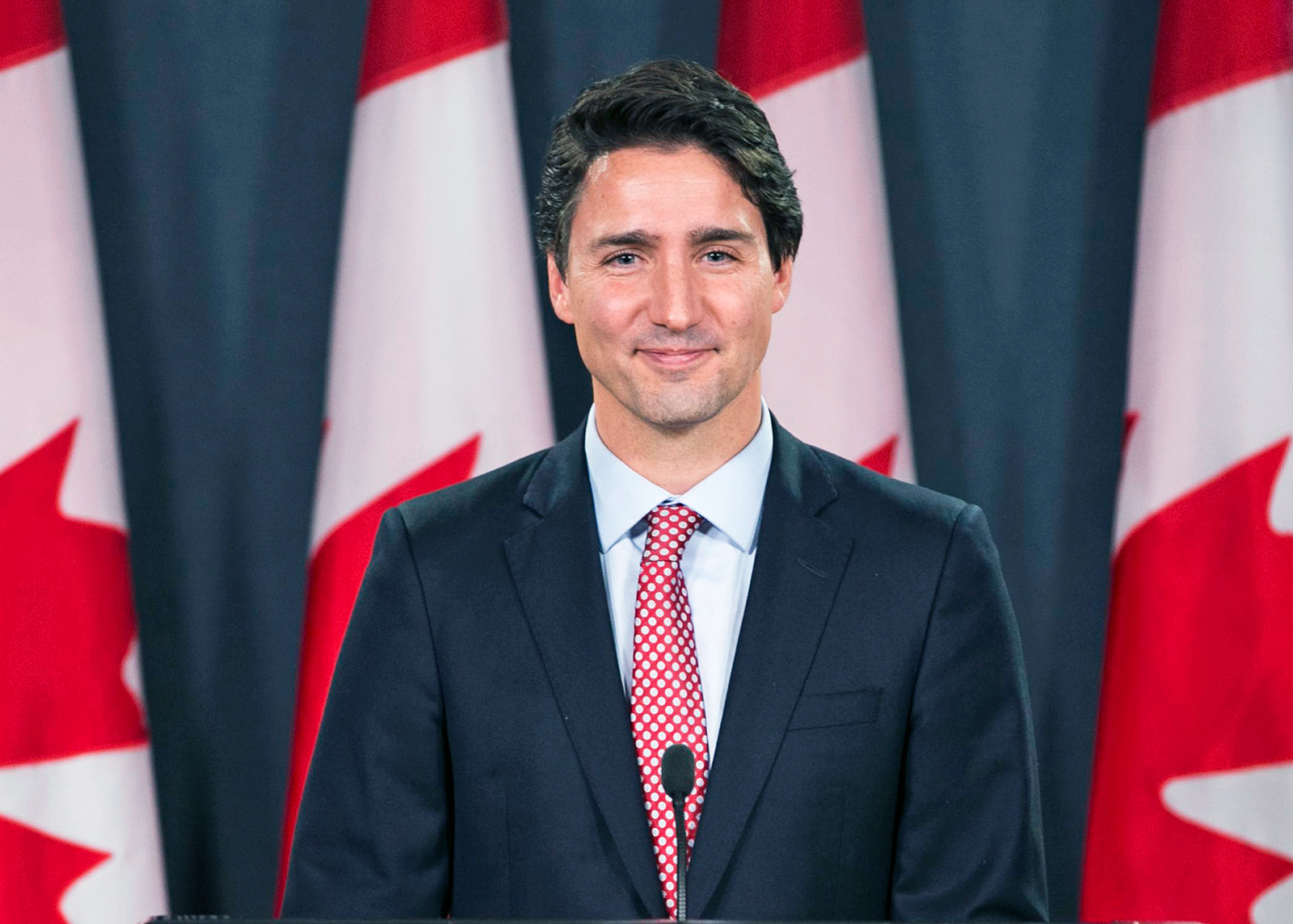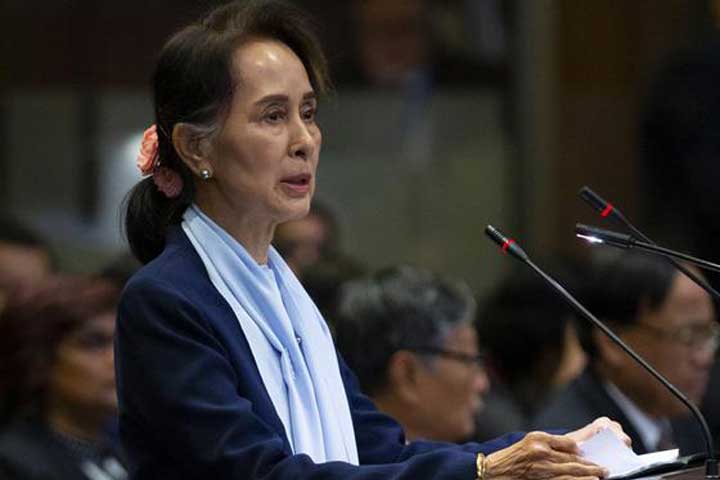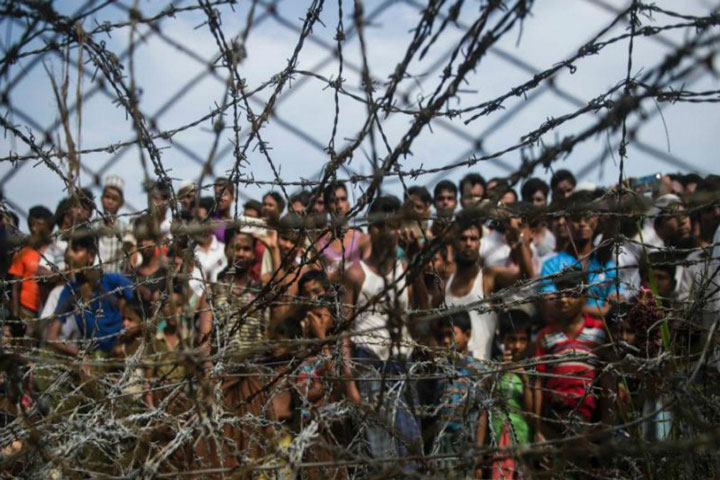US Diplomat Donald Lu denies Pushing Pakistani ex-PM Khan Out of Office
For the first time a top U.S. diplomat for South and Central Asia has for the first time publicly addressed allegations of conspiring to oust Pakistan's former Prime Minister Imran Khan in 2022.
US Assistant Secretary of State Donald Lu on Wednesday rubbished former Pakistan prime minister Imran Khan’s allegations his government was ousted via a conspiracy orchestrated by Washington, describing it as a “conspiracy theory” and a “lie.”
"These allegations, this conspiracy theory, is a lie, it is a complete falsehood," Lu said while responding to a question by committee Chairman Representative Joe Wilson, a Republican from the U.S. state of South Carolina.
Cypher conspiracy
In April 2022, Khan was expelled from power in a parliamentary vote of no-confidence.
Khan has since alleged that a secret diplomatic cable, or cypher, sent by then-Pakistani ambassador to the U.S. Asad Majeed Khan, proves the United States conspired with Pakistan's military and opposition leaders to remove him from office. The cable described a March 7, 2022, meeting with Lu in Washington.
Last August, an American news outlet, The Intercept, published what it said was the text of the cipher.
According to Ambassador Khan's purported cable, the State Department officials at the meeting encouraged Khan to tell Pakistan's powerful military that Islamabad could expect warmer relations if Khan were removed from office because of his neutrality on the Russian invasion of Ukraine. The Pakistani prime minister was in Moscow for talks with Russian President Vladimir Putin on the day the invasion began and failed to condemn it.
"I think if the no-confidence vote against the Prime Minister succeeds, all will be forgiven in Washington because the Russia visit is being looked at as a decision by the Prime Minister. … Otherwise, I think it will be tough going ahead," the document quoted Lu as telling the Pakistani ambassador.
While the State Department has consistently rejected the allegation of conspiring in Khan's ouster, the department's spokesperson Mathew Miller conceded last year that the Biden administration was unhappy with Khan's overtures to Russia.
"We expressed concern privately to the government of Pakistan as we expressed concerns publicly about the visit of then-Prime Minister Khan to Moscow on the very day of Russia's invasion of Ukraine. We made that concern quite clear," Miller said at a regular press conference while responding to a question about The Intercept's reporting.
The Pakistani military and Khan's opponents also have rejected his allegations.
The former Pakistani prime minister is currently serving a 10-year prison term for revealing the contents of the secret cable, a charge he rejects as politically motivated.
Lu called the reporting of the diplomatic cable in Pakistani media inaccurate.
"At no point does it [the cypher] accuse the United States' government or me personally of taking steps against Imran Khan," he told the committee.
Lu pointed out that Pakistan's now-former ambassador Khan had also testified to his government that there was no U.S. conspiracy to remove the prime minister from office.
In March 2022, Pakistan's National Security Committee headed by Khan issued a demarche to the U.S ambassador over his country's "interference" in Pakistan's politics.
After Khan's ouster, however, another NSC committee headed by then-Prime Minister Shehbaz Sharif concluded that the diplomatic cable did not indicate any U.S. conspiracy.
"We respect the sovereignty of Pakistan. We respect the principle that Pakistani people should be the only ones choosing their own leaders through a democratic process," Lu told Wednesday's hearing.
The assistant secretary was disrupted several times as some in the audience called him a liar. The proceedings stopped on a few occasions, and Capital Police removed some in attendance for being disruptive.
Lu told the committee that he has received several death threats, and his family also has been threatened over "unfounded allegations" since Khan's removal.
Election irregularities
Addressing reports of irregularities in Pakistan's February 8 general elections, Lu said the Biden administration was persistently urging Pakistani authorities to investigate.
"We as a partner of Pakistan have called for that to be done transparently and fully and for those found responsible for irregularities to be held accountable."
Pakistan's much-delayed elections faced several controversies. A state-backed crackdown on Khan's party, pre-election violence including terror attacks, suspension of mobile internet services on Election Day, and a massive delay in announcing results led local and international observers to question the fairness of the vote.
The United States, U.K. and the EU have called on Pakistan to probe the discrepancies.
In a February 28 letter to President Joe Biden and Secretary of State Antony Blinken, a bipartisan group of 31 members of the U.S. Congress urged the administration not to recognize Pakistan's new government until "a thorough, transparent, and credible investigation of election interference" was conducted.
In a statement on April 13, though, Blinken congratulated Sharif on being elected as prime minister of Pakistan. U.S. ambassador to Islamabad Donald Blome has since met Pakistan's new president, prime minister, as well as foreign and finance ministers.
Representative Greg Casar, a Democrat from Texas who was among the authors of the letter, questioned Lu on the administration recognizing Sharif's government.
"We do not go around recognizing or withholding recognition. We decide whether we are going to engage with the government," said Lu.
Pakistan's polls delivered a hung parliament. Khan's party had to field candidates as independents after it was deprived of a unified elections symbol.
Although candidates backed by Khan's PTI won the largest number of seats in the lower house of the parliament, Sharif's party, which came in second, formed a coalition government with Khan's opponents.
Source: Voice of America
22 Mar 2024,15:45




















 Live Tv
Live Tv
